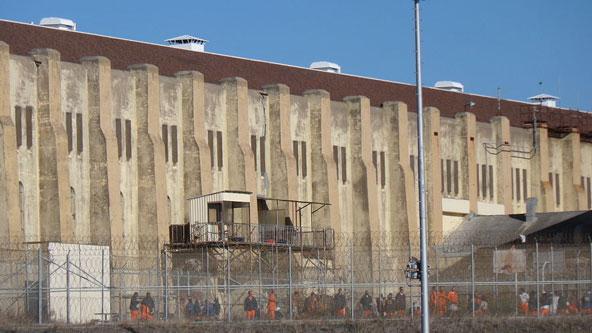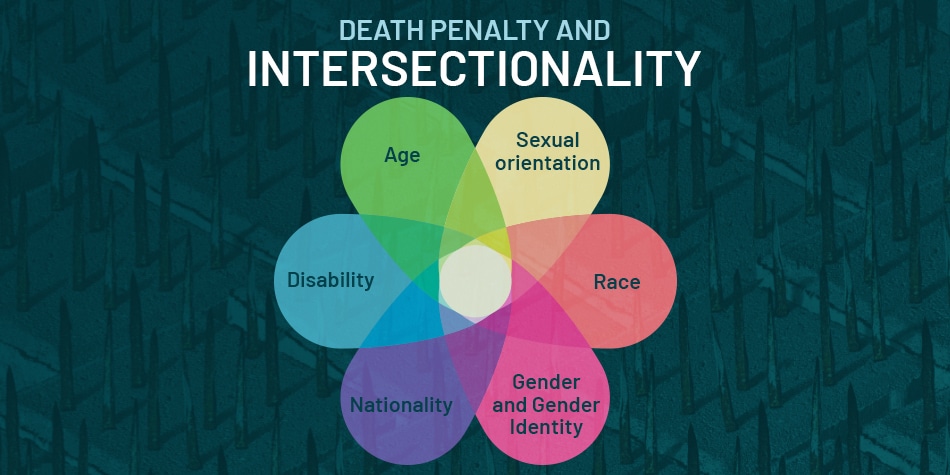
California ruling paves way for abolition of one of the world’s largest death rows
Judge Carney wrote that the “dysfunctional administration of California’s death penalty system has resulted, and will continue to result, in an inordinate and unpredictable period of delay” and that these delays have created a “system in which arbitrary factors, rather than legitimate ones like the nature of the crime or the date of the death sentence, determine whether an individual will actually be executed”.
Overturning the death sentence of petitioner Ernest Dewayne Jones, Judge Carney noted that Jones faced “complete uncertainty as to when, or even whether” he will be executed. The “random few” who will be executed “will have languished for so long on death row that their execution will serve no retributive or deterrent purpose and will be arbitrary”.
“No rational person,” Carney wrote, “can question that the execution of an individual carries with it the solemn obligation of the government to ensure that the punishment is not arbitrarily imposed and that it furthers the interests of society.”
The decision of Judge Carney can be appealed to the Federal Court of Appeal.
“Arbitrary system”
Natasha Minsker, associate director of the ACLU of Northern California, who was the campaign manager of the SAFE California campaign to replace the death penalty in 2012, said the ruling marked “the first time any judge has ruled systemic delay creates an arbitrary system that serves no legitimate purpose and is therefore unconstitutional.”
Judge Carney was appointed by former President George W. Bush, who made enthusiastic use of the death penalty while he was governor of the State of Texas.
The defendant in this case, Ernest Dewayne Jones has been on death row since 1995. He argued that because inmates sentenced to death in California are more likely to die of old age than execution, the California death penalty violates the Constitution.
Significantly, Judge Carney did not see a way out of this morass for California. He did not propose that the system could be fixed; he did not see that as a possibility. He stated unequivocally that the system is arbitrary, dysfunctional and unconstitutional.
“The death penalty is broken beyond repair”
“Judge Carney’s ruling today is truly historic,” said Gil Garcetti, former District Attorney of Los Angeles County. “It further proves that the death penalty is broken beyond repair; it is exorbitantly costly, unfair, and serves no legitimate purpose whatsoever. The only solution is to replace the death penalty with life in prison without the possibility of parole.”
The ruling highlights problems brought to light in 2008 by the California Commission on the Fair Administration of Justice. The bi-partisan commission comprised of prosecutors, law enforcement, judges, academics and defense attorneys, concluded that California’s death penalty system is dysfunctional and issued a series of comprehensive policy recommendations in order to address the dysfunction.
“We provided recommendations to improve the system, including providing funds to hire more attorneys and judges to move cases through the appeals process more quickly,” comments John Van de Kamp, former attorney general of California and chair of the Commission. “To date, none of our recommendations have been implemented.”
Both Van de Kamp and Carcetti took part in recent World Congresses against the Death Penalty at the invitation of the World Coalition.
One in four US death row prisoners in California
In 2012, 48% of California voters voted yes on Proposition 34, which would have replaced the death penalty with life in prison without parole, and would have required inmates to work in prison and pay restitution to victims’ families.
California houses close to 25% of all death row prisoners in the United States. Ending the death penalty in California will have an enormous impact on ending the death penalty nationally, for a number of reasons.
The factors that exist in California exist in other states as well – the arbitrariness, the racial and economic bias, the dysfunction in execution protocols, the lack of deterrence and the extraordinary financial cost.
Both for the other states in the US, and for other retentionist states worldwide, California has tremendous cultural weight and impact. The state has the eight largest economy in the world, and is seen around the world as a political and social trend-setter.
Abolition in the United States, even in California, the largest of the US states, with a population of more than 38 million and about 750 people on death row, would set a powerful example for retentionist states in Asia, Africa and the Middle East.
Elizabeth Zitrin is a vice president of the World Coalition, a California attorney and a member of the SAFE California Coalition.
Photo: San Quentin prison, which includes California’s death row (Zboralski)







